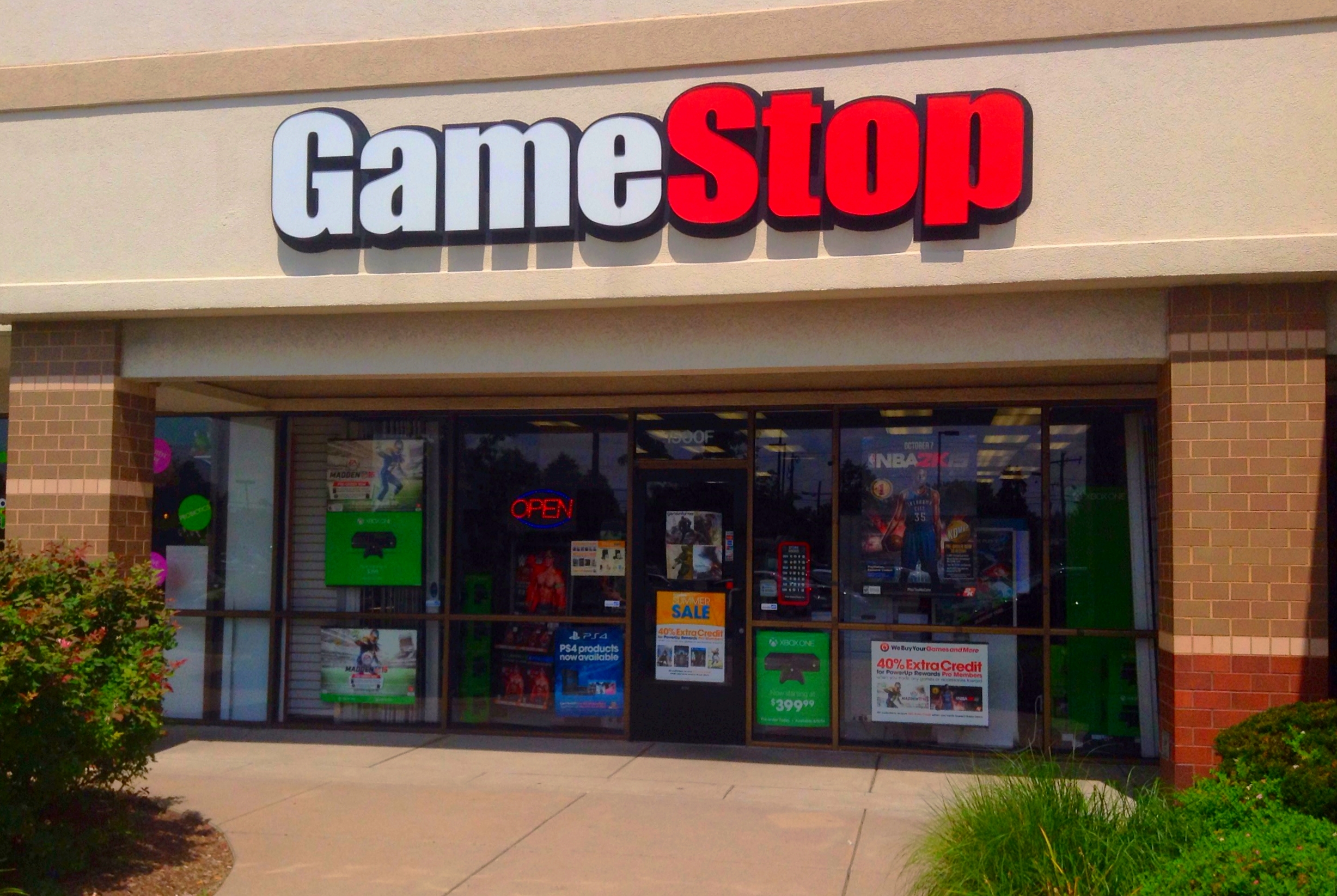When the godfather of crypto, Changpeng Zhao (CZ), speaks up, the community listens. This week, the Binance founder sounded a loud warning after two of the most trusted names in crypto media—CoinMarketCap (CMC) and CoinTelegraph (CT)—were hacked, leaving users exposed to wallet-draining phishing attacks.
🚨 Key Takeaway #1: Hackers Shift Tactics – Information Sites Are the New Target
The attackers didn’t go after exchanges or wallets directly this time. Instead, they went after information platforms—places where millions of traders, investors, and newbies get their daily updates.
How they did it: Hackers used front-end exploits, injecting malicious code right into the user-facing parts of the websites.
The trick: Fake pop-ups urged users to connect their wallets—classic social engineering with a fresh coat of paint.
The bait: On CMC (June 21), users saw a “verify your wallet” prompt. On CT (June 23), it was a flashy “token drop” promising 50,000 CGT tokens.
In both cases, unsuspecting users who clicked and connected lost funds almost instantly.
💸 Key Takeaway #2: Real Losses, Real Accountability
The fallout was swift:
39 victims were hit, losing a combined $18,570.
To its credit, CoinMarketCap (a Binance-owned platform) promised to cover all losses.
CoinTelegraph admitted its banner publishing system was compromised but resolved the issue quickly.
This transparency (and CMC’s willingness to reimburse) helped prevent panic—but it’s a reminder of how fragile digital trust can be.
🔑 Key Takeaway #3: A Broader Warning on Digital Security
CZ’s tweet summed it up perfectly:
“Hackers are targeting information websites now. Be careful when authorizing wallet connect.”
This isn’t just a crypto problem. Earlier this year, a staggering 16 billion passwords for major platforms like Apple, Google, and Facebook were leaked. If big tech giants aren’t immune, why should crypto sites be?
⚡ Why This Matters for Crypto Investors
Perception risk: Trusted information hubs getting hacked shakes user confidence.
User responsibility: The weakest link is often the end-user clicking “Connect Wallet.”
Industry-wide challenge: As the ecosystem grows, attackers will find more creative angles.
✅ Final Word
The hacks on CoinMarketCap and CoinTelegraph aren’t just isolated incidents—they’re a wake-up call. If you’re in crypto, security hygiene matters more than ever. Double-check URLs, question pop-ups, and never connect your wallet without verifying authenticity.
The bottom line: in crypto, trust must be earned daily—and even the biggest names aren’t immune to breaches.
Disclaimer: Parts of this article were generated with the assistance from AI tools and reviewed by our editorial team to ensure accuracy and adherence to our standards.










